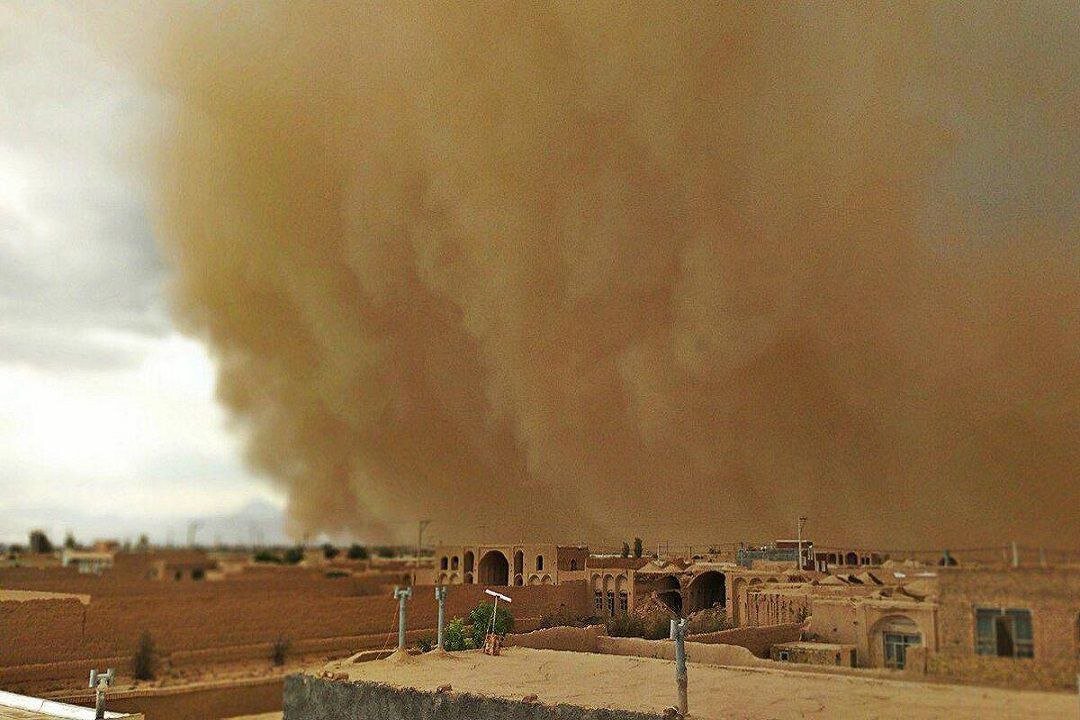‘Sharing expertise, fostering regional co-op help mitigate SDSs’

TEHRAN –Exchanging information and promoting regional collaborations will contribute to reducing adverse impacts of sand and dust storms (SDSs), Sediqeh Torabi, an official with the Department of Environment (DOE), has said.
Sand and dust storms are frequent in the region, affecting almost all the regional countries. Independent studies by these countries show that while the sources of the SDSs are scattered in the region, there are potential dust sources in each nation with transboundary implications, Mehr news agency quoted Torabi as saying.
She made the remarks following the first regional dialogue on enhancing inter-regional co-op on SDSs which was held on February 18 and 19 in Doha, Qatar.
For instance, Ilam and Khuzestan provinces are the sites mostly affected by sand storms transported from Iraq, whereas dust storms from Kuwait impact Iraq, the official went on to say.
“During the regional meeting, measures taken by each country to tackle sand and dust storms were reviewed and discussed to see if the actions and methodologies were the same”, Torabi noted.
The nine participant countries agreed to share the results of their studies, based on which areas should be prioritized, and bilateral or multilateral cooperation will help them take necessary actions, the official added.
The first regional dialogue on enhancing inter-regional co-op on SDSs was organized by the Economic and Social Commission for Asia and the Pacific (ESCAP), and the Economic and Social Commission for Western Asia (ESCWA).
It brought together senior government officials from nine countries in West Asia including Iran, Saudi Arabia, Qatar, Turkey, Lebanon, Syria, Iraq, and Kuwait to address challenges caused by SDSs, and their adverse consequences on the environment, agriculture, transportation, energy, and health.
Efforts to combat SDSs
During the 38th meeting of the Regional Organization for the Protection of Marine Environment (ROPME) executive committee (EXCOME 38), Iran put forward a proposal to incorporate combating sand and dust storms (SDSs) in the Organization’s strategic plan.
The EXCOME 38th was held on February 13 in Kuwait. Ahmad-Reza Lahijanzadeh, an official with the Department of Environment (DOE), represented the country in this year’s meeting.
Even if SDS is not approved as the fourth axe of the strategic plan, it will be added to the climate change issue, Lahijanzadeh noted.
In January, following some meetings on monitoring sand and dust storms (SDSs), Iran and Iraq decided to choose pilot regions in the two countries to determine the best strategies for combating the environmental problem.
The pilot regions in the country are located in Khuzestan province, ISNA reported.
Moreover, officials from the two countries would attend the meeting on sand and dust storms held on February 18-19 in Doha.
The meeting would serve as a platform for senior officials to share knowledge to address the challenge by developing joint actions for dust management in the region. The countries present in the meeting will be categorized into two or more regions based on the affected areas and the intensity of the effect.
MT/MG
Leave a Comment